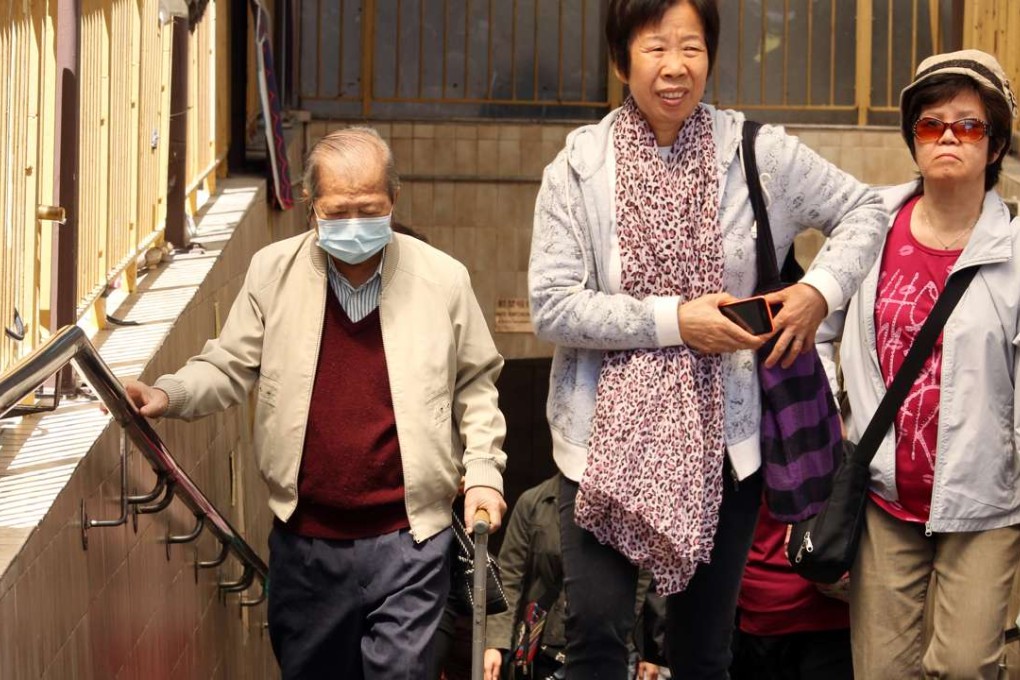Opinion | Hong Kong parents face traps by making gifts in return for care by children in old age
Recent court case overturned a gift of four flats on the basis that children were exercising undue influence over their elderly father

As we get older, the question of who will look after us is likely to loom larger in our minds. There is no shortage of cases in which elderly people have promised substantial inheritances to relatives who agree to look after them. Whether these promises are legally protected is an interesting area of the law.
What, though, of cases in which the promise of future reward was not enough and the elderly person is induced to make lifetime gifts to carers? These gifts may be open to the charge that they are an exploitation of the donor’s vulnerability. Does the law do anything to protect the elderly in these circumstances?
This question arose recently in a case where an elderly man owned four flats jointly with one of his sons. His other children were unhappy about this arrangement. They promised their father that he would always live with one of them and that he would be taken care of for the rest of his life. This, of course, was the assurance that he needed and his reliance on it gave his children a dominating influence over him.
The children made full use of this dominance. They took their father to see a solicitor and the father executed deeds of gift in favour of his children. Almost immediately, he changed his mind and sought to undo the gifts. He relied on the doctrine of undue influence in his efforts to have the gifts set aside and have the ownership of his interest in the flats returned to him.
The law of undue influence will set aside transactions where they are not the fruit of a party’s free and informed consent. The doctrine can play a valuable role where a transaction is the result of some deception or the abuse of some hold or influence that one party has over another.
In this case, the father knew what he was signing. He had not been threatened. Nevertheless, the court found that there was undue influence. The children had exploited the influence that their father’s frailty and trust in their promises of care gave them.